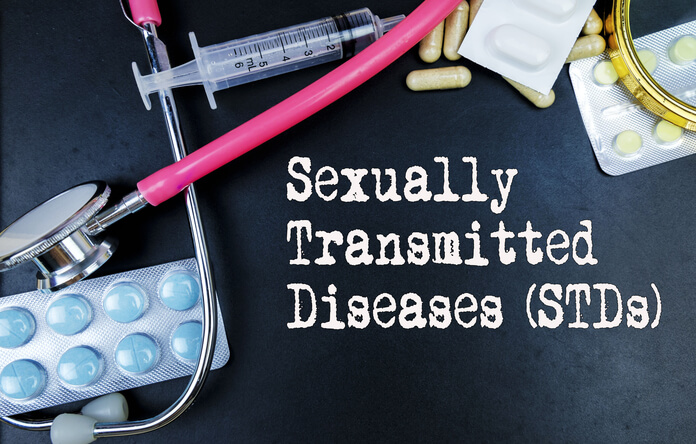El aumento de las infecciones de transmisión sexual en los jóvenes
¿Qué son las infecciones de transmisión sexual?
Las infecciones de transmisión sexual (ITS) son enfermedades que se propagan por medio del contacto sexual. Alrededor de la mitad de las 100 nuevas ITS identificadas se notifican en adolescentes y jóvenes menores de 24 años. Las ITS pueden ser muy peligrosas y afectar la salud de los jóvenes. Desafortunadamente, las consecuencias graves pueden involucrar la salud reproductiva, es decir, infertilidad tubárica, embarazos problemáticos, etc. en las mujeres y el SIDA en los hombres. Los factores conductuales que causan las ITS son el comportamiento sexual inseguro, el comportamiento de atención médica y el abuso de drogas. Factores psicológicos como la autoestima también afectan el diagnóstico y tratamiento de its en los jóvenes.

Tipos comunes de ITS
Algunos de los tipos comunes de ITS que debe tener en cuenta incluyen los siguientes:
- HIV: Human Immunodeficiency Virus, or AIDS-causing agent, destroys the body’s immunity on having unprotected sex with an infected person, or using contaminated needles, or blood transfusion.
- HPV: Human Papilloma Virus is a common STI and seen as genital warts. HPV infection increases risk of cervical cancer in women. Pap tests can detect an HPV infection.
- Chlamydia: Chlamydial infections are characterized by abnormal genital or rectal discharge, burning sensation during urination, and rectal bleeding. In women, it can cause low belly ache and may lead to another disorder called pelvic inflammatory disease (PID). In men, we find urinary problems.
- Gonorrhoea: It causes painful urination or bowel movements, and may even lead to PID, ectopic pregnancy, and infertility in women.
- PID: This STI occurs in reproductive organs due to chlamydia or gonorrhoea. It causes infection of reproductive organs, thus leading to female infertility.
- Genital herpes: This STI is caused by herpes simplex virus (HSV) and manifests itself as a burning sensation which develops into painful sores in the vaginal or rectal area. Treatment is possible but relapses are common.
- Syphilis: Syphilis is a painless open sore or a rash around sexual organs in men and women. Untreated syphilis may lead to heart and nervous system disorders over time.
Otras ITS incluyen vaginosis bacteriana, chancroide, infecciones por citomegalovirus, donovanosis), piojos púbicos, tricomoniasis, sarna, etc.
Protección contra las ITS
Hay varias medidas de seguridad que se deben seguir para garantizar que estén protegidos contra las ITS:
- Stay mutually monogamous with an uninfected partner
- Use a male latex or female polyurethane condom, even for oral sex.
- Reduce chances of getting HIV infections with preventive steps:
- PEP (post-exposure prophylaxis). Take HIV preventive medication within 72 hours of sexual contact.
- PrEP (pre-exposure prophylaxis). Follow strict medication regularly to prevent any HIV infection from sexual contact in future.
- Have regular medical examination for HIV and STIs.
- Avoid sexual contact with somebody who is HIV-positive, and make sure that the other person is taking their HIV medicines.
- Be aware of the symptoms of STIs and seek immediate medical help if any symptoms occur.
- Avoid douche as it reduces the pH of vaginal area making you more prone to infection.
La detección de ITS es muy importante en los jóvenes sexualmente activos. Muchas de las ITS se pueden curar con éxito con antibióticos. Algunas ITS, como el herpes, no se pueden curar por completo y pueden volver a ocurrir, lo cual es prevenible. Vigilar su salud y estar al tanto de los síntomas puede ser de gran ayuda en el tratamiento.







